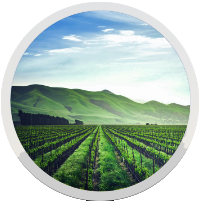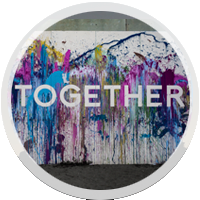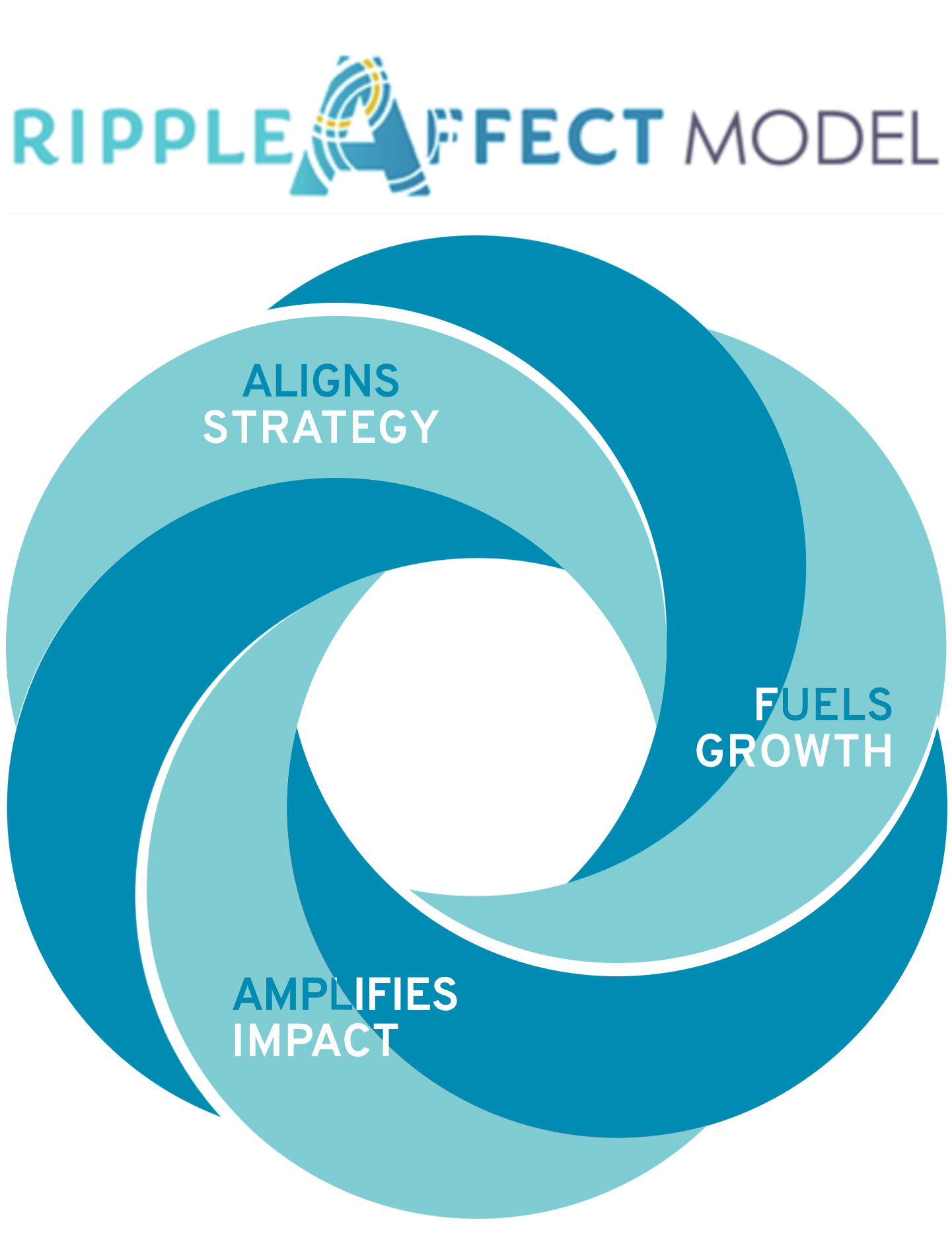What is Poverty?

I continue to grapple with the question, “What is Poverty?” The contrast I perceive between the contentment found among many living in 3rd world countries compared with the dissatisfaction of many Americans who live in one of the richest countries and times in human history – has led me to economics.
The concept of scarcity and self-interest to access limited resources is attributed to Adam Smith’s Wealth of Nations, which was published in 1776 as America became a nation. The greed we’ve sometimes seen from people on Wall Street and in other organizations makes sense in a context of extreme scarcity.
But what if the scarcity on which our economic and monetary systems are built on isn’t true?
What if, as Charles Eisenstein suggests in Sacred Economics, both scarcity and self-interest Smith introduced are false; “they are true only within a narrow realm, a realm that we mistake for the whole of reality. So immersed in scarcity are we that we take it to be the nature of reality.”
You might be wondering why this matters. But if our systems all sit on an operating system built on scarcity, that influences how we think and shifting that mindset opens up different ways of approaching complex problems. For instance, if we look at the last 40 years in global food production through the filter of abundance instead of scarcity, might we see human inventiveness with technology as allowing us to grow foods in urban settings and vertically beyond traditional farming 4 decades ago as a gamechanger? Might such a shift allow us to make more long-term and strategic decisions?





